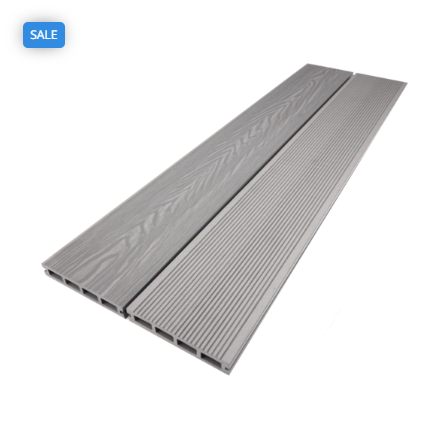Top 5 Creative DIY Projects Using Sleeper Timber
Sleeper timber, traditionally used in railway tracks, has found a new life in home and garden projects due to its rustic charm and durability. Whether you're a seasoned DIY enthusiast or a beginner looking for a fun project, sleeper timber offers endless possibilities. Here are five creative DIY projects that will add character and functionality to your home and garden.
1. Garden Planters
One of the simplest yet most effective uses of sleeper timber is creating garden planters. These sturdy, rustic planters can be customized to any size and shape, making them perfect for any garden space.
Materials Needed:
- Sleeper timber (cut to desired length)
- Screws or brackets
- Drill
- Soil and plants
Steps:
- Cut and Assemble: Cut the sleeper timber to your desired size and shape. Assemble the pieces using screws or brackets to create a rectangular or square planter.
- Line and Fill: Line the inside with a heavy-duty plastic sheet to prevent soil from directly touching the wood, extending its life. Fill with soil and plant your favorite flowers, herbs, or vegetables.
- Position: Place your new planter in a sunny spot and enjoy the natural beauty it brings to your garden.
2. Garden Bench
A garden bench made from sleeper timber adds a rustic, cozy feel to your outdoor space. This project is perfect for creating a peaceful spot to relax and enjoy your garden.
Materials Needed:
- Sleeper timber
- Saw
- Screws or bolts
- Sandpaper
- Wood stain or sealant
Steps:
- Design and Cut: Decide on the bench's dimensions and cut the sleeper timber accordingly. You’ll need two or three sleepers for the seat and two shorter ones for the legs.
- Assemble: Attach the seat sleepers to the legs using screws or bolts. Sand down any rough edges to ensure a smooth finish.
- Finish: Apply a wood stain or sealant to protect the timber and enhance its natural beauty.
- Place: Position your bench in a quiet corner of your garden, creating the perfect spot for reflection.
3. Raised Garden Beds
Raised garden beds are a great way to grow vegetables and flowers, and sleeper timber is ideal for building them. The height of the sleepers makes gardening easier on the back and knees.
Materials Needed:
- Sleeper timber
- Saw
- Drill and screws
- Level
- Soil and plants
Steps:
- Plan and Measure: Measure the area where you want the raised bed. Cut the sleepers to the desired length.
- Construct: Assemble the sleepers into a rectangle or square. Use a level to ensure the structure is even.
- Fill and Plant: Fill the bed with quality soil and compost, then plant your vegetables or flowers.
- Enjoy: Raised beds make planting and harvesting easier, providing an attractive and functional garden feature.
4. Outdoor Table
An outdoor table made from sleeper timber is both practical and stylish. This sturdy piece will withstand the elements and serve as a focal point for outdoor gatherings.
Materials Needed:
- Sleeper timber
- Saw
- Screws or bolts
- Sandpaper
- Wood sealant
Steps:
- Cut the Timber: Determine the table's size and cut the sleepers for the top and legs.
- Assemble: Attach the legs to the tabletop using screws or bolts. Ensure everything is level and stable.
- Sand and Seal: Sand the surface smooth and apply a wood sealant to protect against moisture.
- Place: Set your table on a patio or deck, ready to host outdoor dinners and parties.
5. Retaining Wall
Sleeper timber is an excellent material for building a retaining wall, adding structure and depth to your garden. It’s a great way to manage slopes and create distinct garden levels.
Materials Needed:
- Sleeper timber
- Shovel
- Gravel for drainage
- Screws or brackets
- Drill
Steps:
- Excavate: Dig a trench where the retaining wall will go, ensuring it’s deep enough to secure the sleepers.
- Lay the First Layer: Place the first layer of sleepers into the trench, ensuring they’re level. Add gravel behind the sleepers for drainage.
- Build Up: Continue stacking sleepers, securing each layer with screws or brackets for stability.
- Finish: Once you’ve reached the desired height, backfill with soil and plant greenery to soften the look.
Conclusion
Sleeper timber is a versatile and durable material that can be used in various DIY projects to enhance your home and garden. From simple garden planters to more complex retaining walls, the possibilities are endless. These five projects offer a great starting point for anyone looking to bring a rustic, natural touch to their outdoor space. With a little creativity and effort, sleeper timber can transform your garden into a beautiful, functional space that you’ll enjoy for years to come.


Comments
Post a Comment